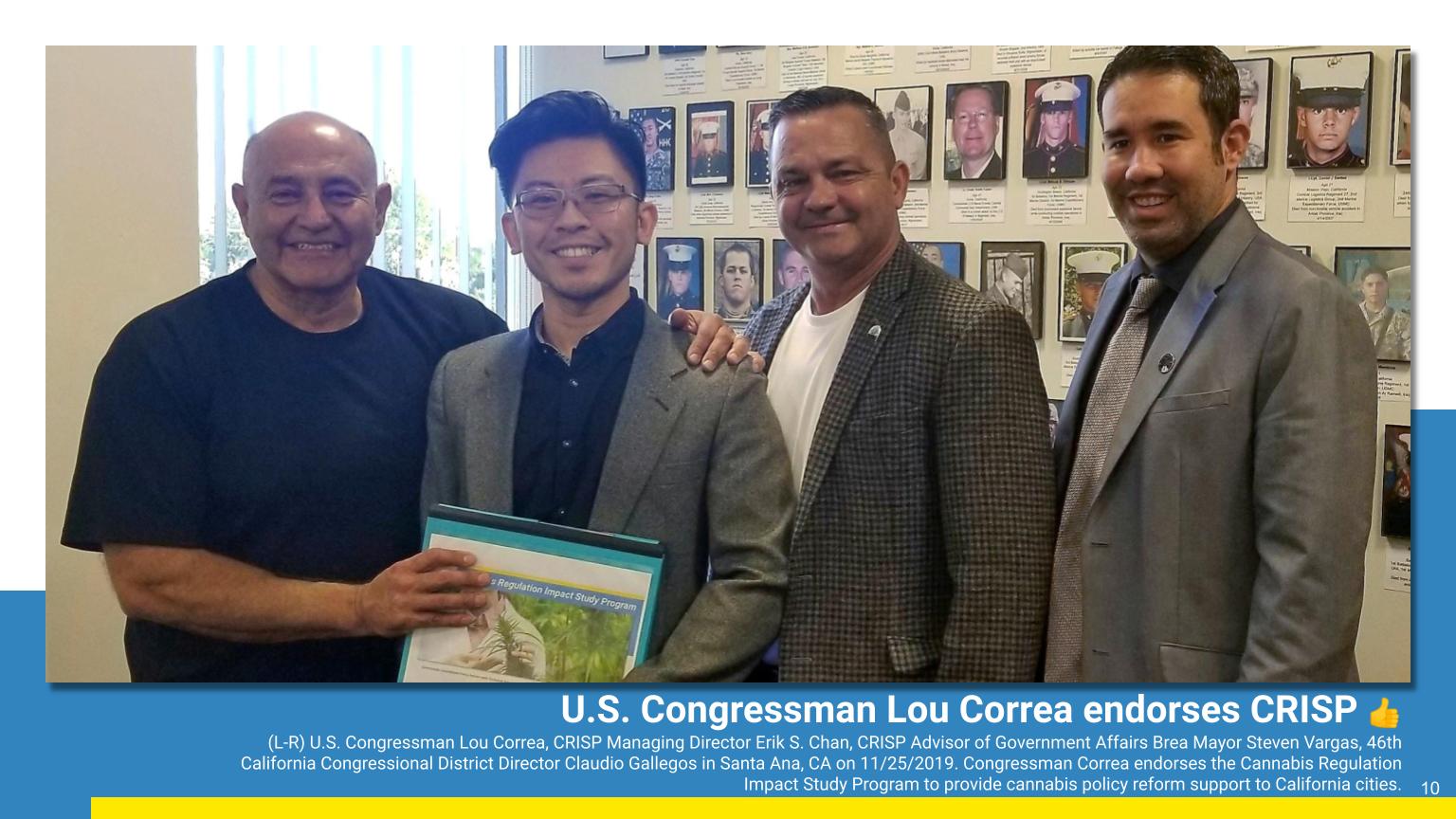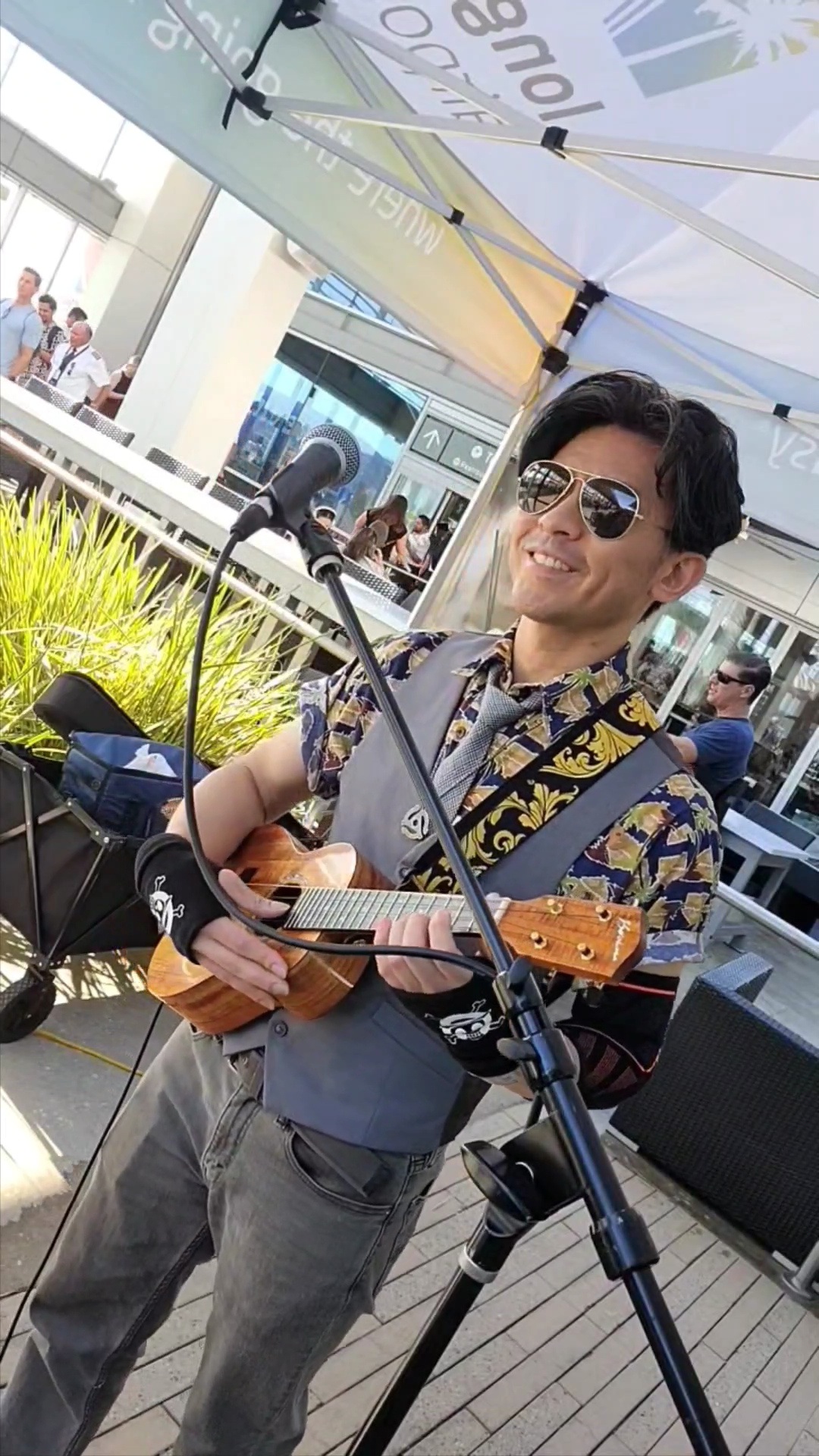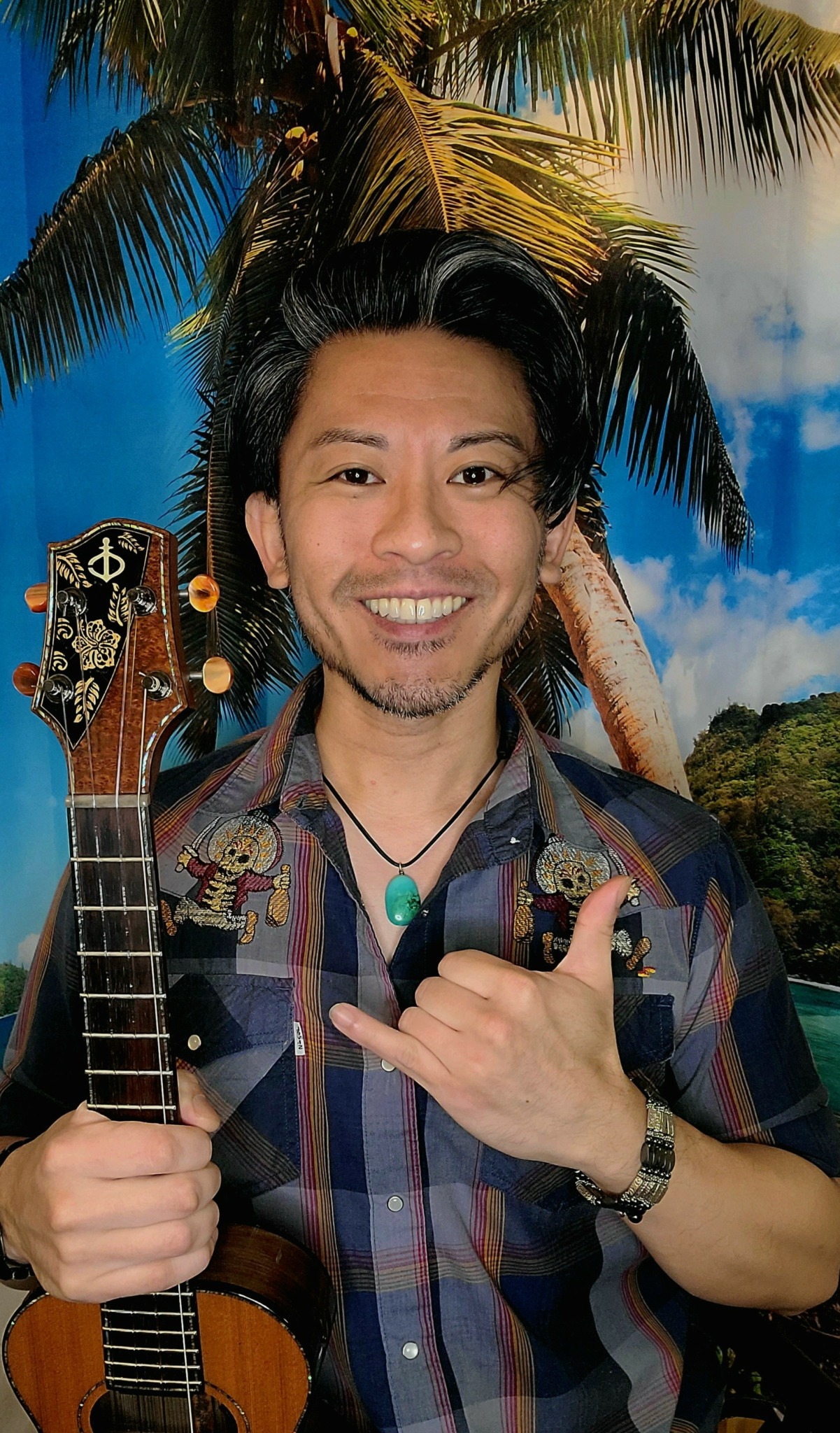We caught up with the brilliant and insightful Erik Chan a few weeks ago and have shared our conversation below.
Hi Erik, thanks for joining us today. It’s always helpful to hear about times when someone’s had to take a risk – how did they think through the decision, why did they take the risk, and what ended up happening. We’d love to hear about a risk you’ve taken.
Though I had accomplished much during my time in cannabis, I had lost my passion for it. When the pandemic hit, my business model was adversely impacted and at the same time, I experienced the end of a seven year romantic relationship. To cope with these life altering events, I got back into playing ukulele and took up the art of Japanese kintsugi; and what I slowly came to realize while I was healing (with the help of my therapist at the time), was that I was chasing past success. My passion for the work I was doing in cannabis was centered on the belief that I was improving life for people by bringing a misunderstood, underground scene into the light of legitimacy to create a future of acceptance and safety. But, all the work I had done was no longer contributing to any positive societal impact. What began to happen instead, I got good at making music and art. My band, Oléha, started getting paid performance bookings. People shared with us how our music brightened their day, and a song I had written, Holiday Chill, was played on several radio stations. KintsugiDecor.com invited me to be a featured artist for their Etsy and I received heartfelt reviews from customers who cherished my art. I started to feel a new sense of fulfillment from making a direct, positive impact on people’s lives through my creative work.
By the end of 2023, I felt my chapter in cannabis closing. The signs were all around me: my uncle’s last words, Top Tobacco frivolously disputing my Grumbler trademark, the growing success I was finding in music and art. It was clear that I was meant to contribute to society in a new way, by spreading positivity, hope and providing emotional reprieve to help people’s lives be better.
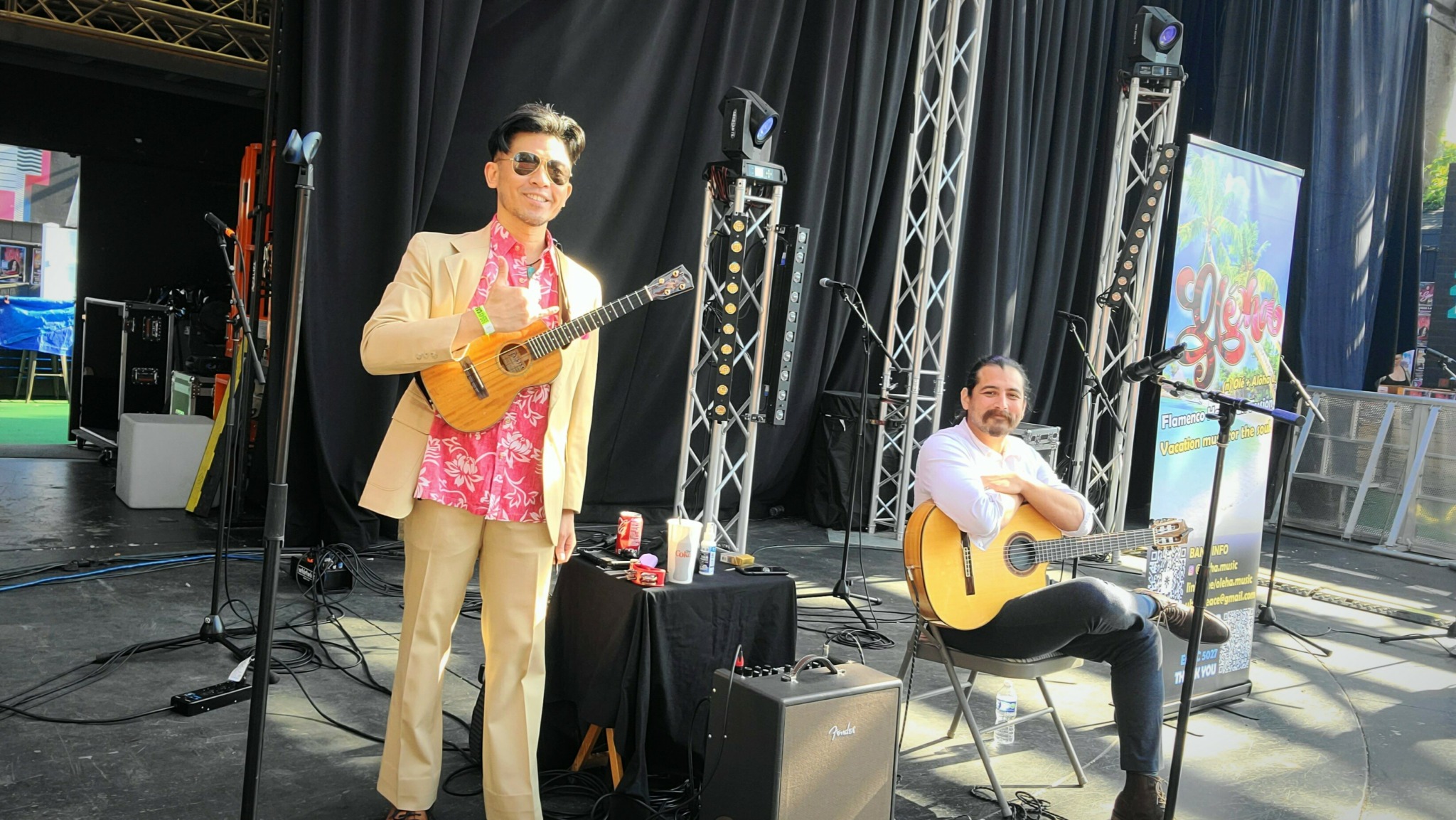
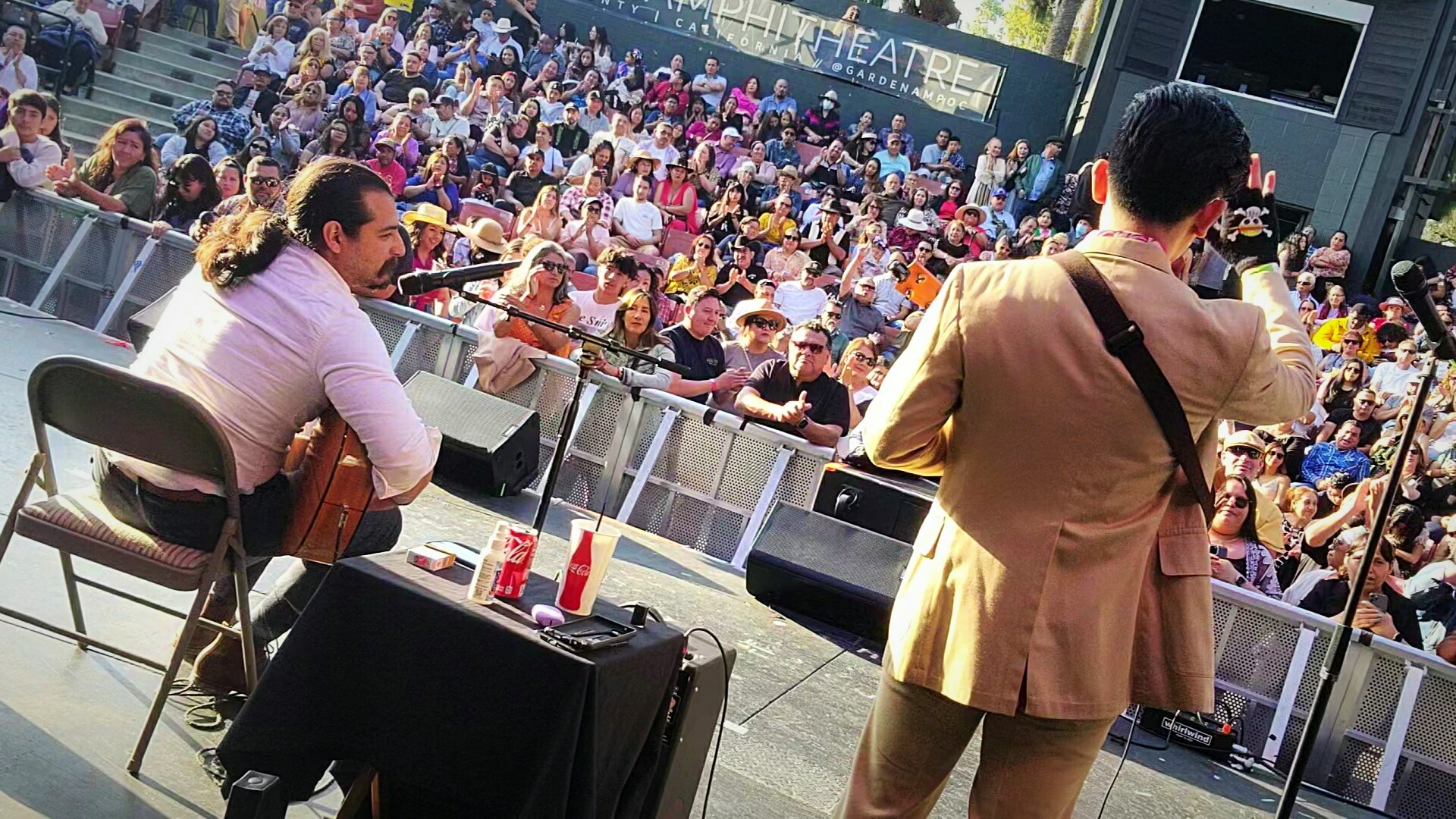
Awesome – so before we get into the rest of our questions, can you briefly introduce yourself to our readers.
I’m the founder of SoCal’s premier mood-enhancing jam band, Oléha. We create and perform what I’ve coined as “Vacation Music for the Soul” – a unique fusion of Hawaiian ukulele instrumentals with genres like funk, jazz, indie, pop, and flamenco. Our music is designed to be more than just background sound; it enhances the ambiance of social, business, and retail environments, making them friendlier and significantly more enjoyable – a perfect addition to corporate and high-end events. We provide a classy, hip soundtrack that encourages conversation and elevates the overall experience.
Since first performing as Oléha in 2022, we’ve had the honor of performing regularly and building our reputation. One of our tracks, “Holiday Chill,” has been featured on multiple radio stations, and we’ve had the privilege of performing for prestigious audiences, including NAMM 2024 and the California Governor’s Office. While our focus is on creating a mood rather than playing for seated audiences, one of our standout moments was opening for a Mother’s Day show at the Garden Amp in Garden Grove, CA, where we performed for over 800 people in a packed, standing-room-only venue. It was a blast!
What sets Oléha apart from other bands is our dedication to delivering a top-tier experience for our clients. We design our music around their needs and collaborate on promotions to ensure their events are a success. Our goal is to strike the perfect balance between artistic creativity and client satisfaction. By blending elements from popular genres, we appeal to a wide range of listeners, and with live improvisation, we make each performance familiar yet fresh, approachable yet dynamic. No two shows are ever the same.
In addition to our musical versatility, we offer something truly rare in the local scene – a pro-level, remotely powered sound system with the juice to entertain audience sizes of 300 people for six hours. We’ve earned praise from event vendors and security teams for our ability to perform continuous five hour sets, three days in a row, without causing listener fatigue. This stamina, combined with our commitment to creating the perfect ambiance, is what truly sets us apart.
I’m incredibly proud of what we’ve created and our progress thus far, and I want potential clients to know that when you book Oléha, you’re not just hiring a band – you’re investing in an experience that will refresh, entertain, and leave audiences wanting more.
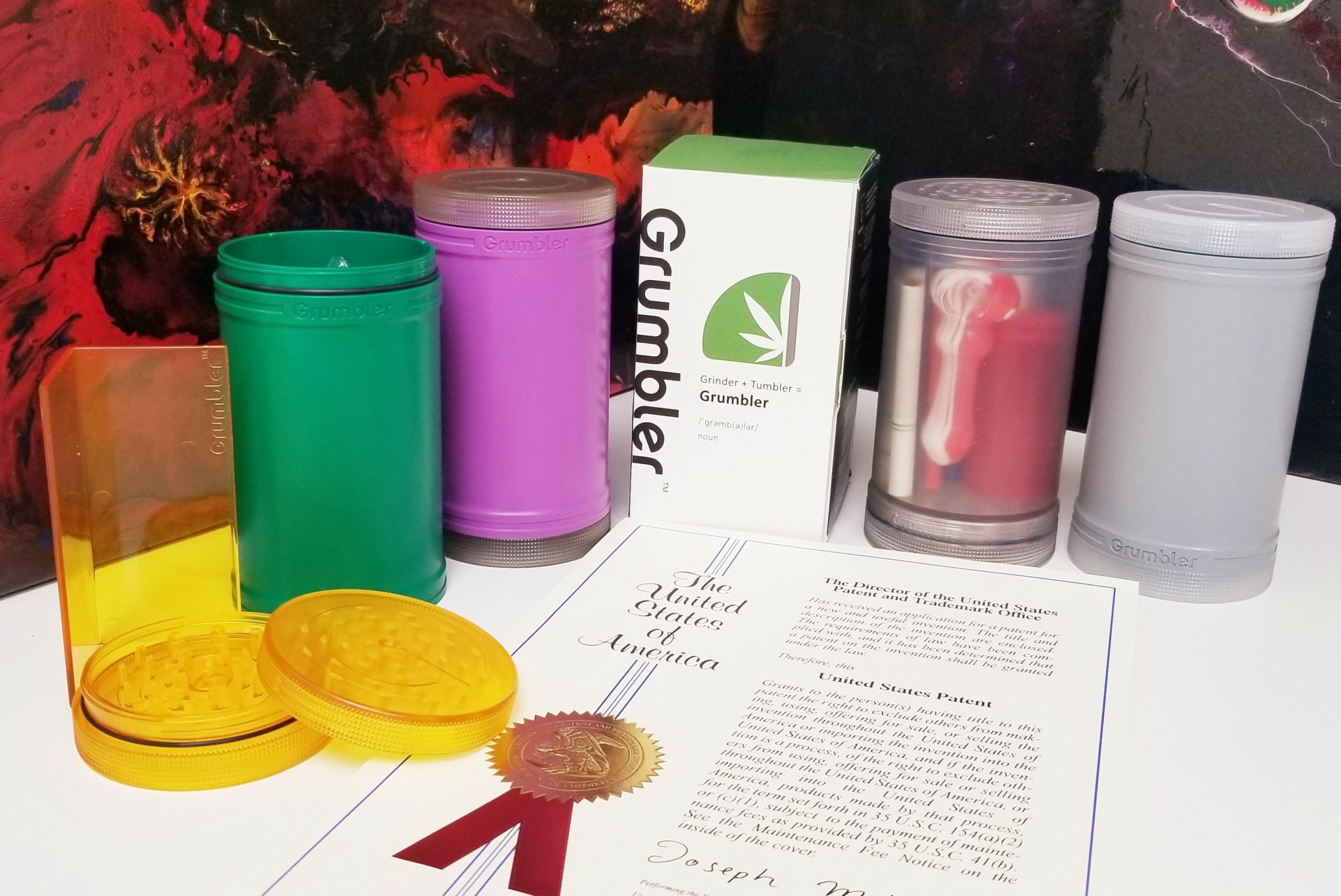

Learning and unlearning are both critical parts of growth – can you share a story of a time when you had to unlearn a lesson?
One of the hardest lessons I had to unlearn is that love, by itself, is enough to make a relationship work. It’s not, especially when you’re a creative entrepreneur. I once believed that if two people loved each other, everything else could be figured out. That idea was tested when I went through the end of a seven-year relationship, a major turning point that eventually led me to leave my long-standing career in cannabis and dive fully into music and art.
In hindsight, I realized that while love is important, it isn’t the only thing that makes a relationship thrive, particularly for someone chasing a creative vision. As entrepreneurs and artists, we face unique challenges. The right romantic partner can fuel your success, while the wrong one, even unintentionally, can undermine your confidence and sap your creative energy. It’s not just about mutual affection – it’s about alignment in values, goals, and the belief in what you’re building. If your partner doesn’t truly understand or support your vision, no matter how much they love you, their doubt can become your own.
For creatives, it’s crucial to have a partner who not only loves you but also believes in you and your work. If they’re not 100% behind you, staying in that relationship can be an act of self-sabotage. Unlearning my faith in love was painful, but it ultimately freed me to pursue my passions with full confidence, surrounded by people who truly believe in my journey.
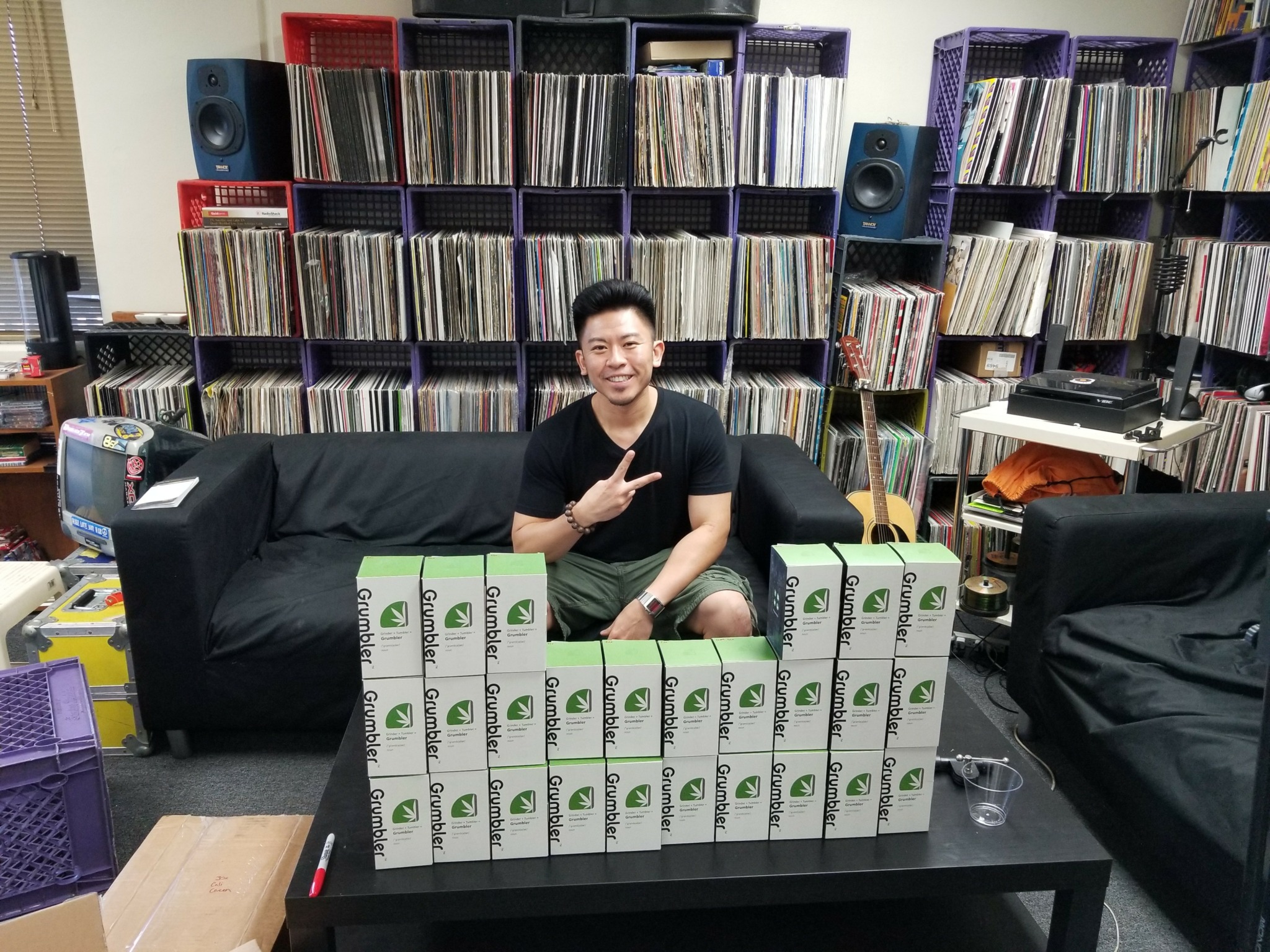
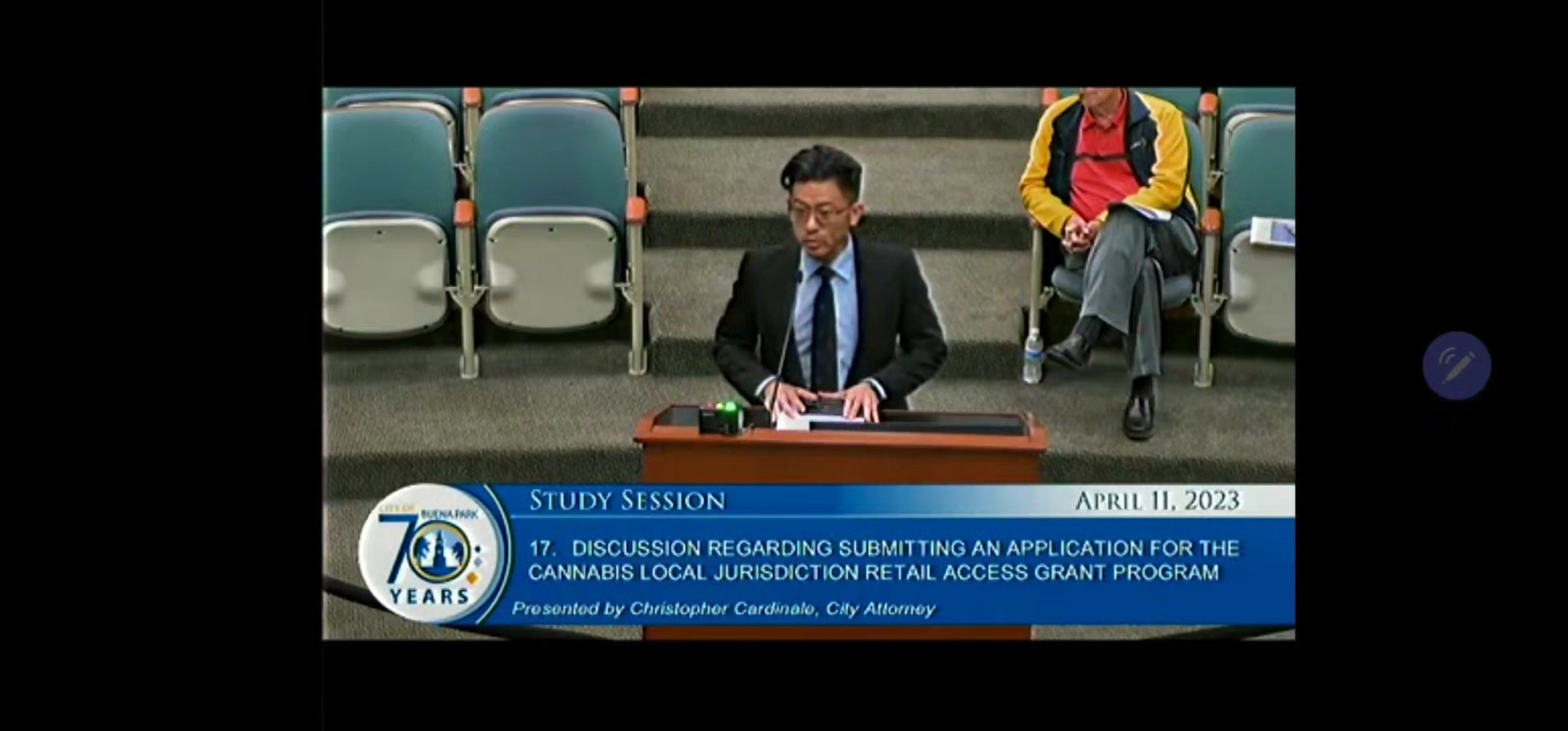
How can we best help foster a strong, supportive environment for artists and creatives?
The toughest challenge for most artists and creatives is making a sustainable living from their craft. The term “starving artist” exists for a reason – it reflects how undervalued creative work can be. Many don’t realize or appreciate the countless hours and dedication it takes to master a creative skill. Musicians, for instance, are often expected to perform for free in exchange for “exposure” or to accept meager pay simply because they get to do something they love. But exposure doesn’t pay bills, and the notion that musicians should be grateful for any payment, no matter how low, is damaging and exploitative.
I believe part of the issue is that the general public associates all musicians with the glitz and glam of famous artists they see on social media, stream and hear on the radio. But for most musicians, “making it” isn’t about fame. It’s about being able to support themselves and their families through their craft – earning enough to live comfortably, save for the future, and pursue their passion full-time. No one expects movers to work for free just because they enjoy physical labor, but there’s still a widespread belief that musicians should play for exposure or be satisfied with whatever small compensation they get. This predatory mentality needs to end.
To better support artists and foster a thriving creative ecosystem, we need more inclusive policies that ensure fair compensation for creative work. One such policy could be a mandatory minimum pay rate for gigging musicians, similar to what exists for other industries. People are often unaware that a gig for a musician doesn’t begin and end when they step on and off stage – it starts long before, with sound design, cold calling, planning, rehearsing, promoting, transporting, setting up, and continues after the music ends with tearing down, loading out, and transporting equipment to storage. What seems like healthy compensation on the surface can amount to less than minimum wage after all the behind the scenes work is factored in.
Society needs to shift its mindset. If graphic designers can earn a comfortable living for their time and skill, musicians – and all hard working artists – deserve the same respect and opportunity. When we value creativity as much as other professional skills, we foster a more equitable and thriving environment where artists can succeed, ultimately providing greater mental, emotional, and cultural benefits to society.
Contact Info:
- Website: www.olehamusic.com
- Instagram: @olehamusic
- Linkedin: https://linkedin.com/in/erikschan
- Youtube: https://www.youtube.com/playlist?list=PLiNiV3OtyB_XT603t9Zsf16KJZ2FvZcU0
- Soundcloud: https://on.soundcloud.com/ZJ4gSt9QM6SmdKfW9
